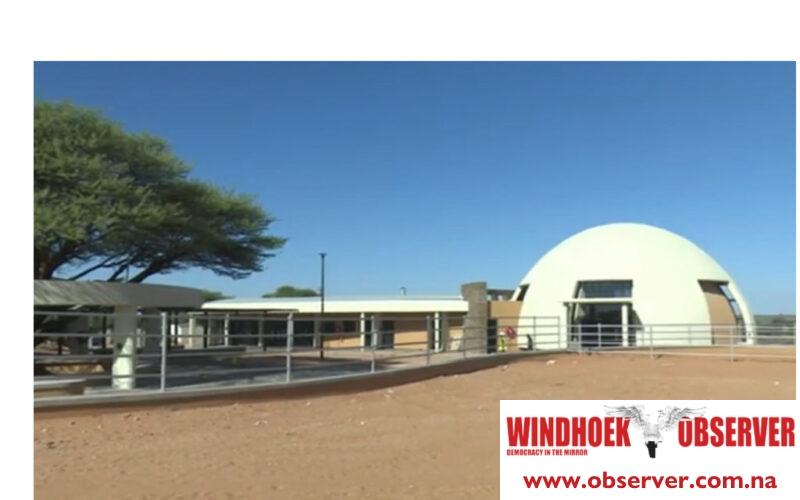Erasmus Shalihaxwe
The homestead of Chief Hosea Kutako in the Toasis village near Aminius in the Omaheke region was officially declared a national monument during a special ceremony on Tuesday.
The event led by President Nangolo Mbumba also marked the inauguration of the Hosea Kutako Memorial Museum and Homestead Shrine.
Mbumba emphasised the significance of the site in Namibia’s history.
“It represents the unity of the Namibian people, which carried them during the fight against racism, German colonialism and illegal apartheid occupation,” said Mbumba.
The President praised Chief Kutako as an iconic nationalist who championed peace, unity, and justice for Namibia.
‘’I do not doubt that our presence here lends weight to our collective efforts to build the Namibian House through the celebration and memorialisation of Namibians who have made outstanding contributions in the journey of our nation,’’ said Mbumba.
Chief Hosea Kutako, who was born in 1870, was an early nationalist leader in Namibia and a founding member of the South West African National Union, SWANU.
Kutako brought the plight of South West Africa, now Namibia, to the world’s attention at the United Nations for his fierce resistance to the country becoming part of the Union of South Africa.
In 1946, when the South African government held a referendum to ascertain how local leaders felt about South West Africa becoming a fifth province of the Union of South Africa.
He died in 1970 in Aminuis.
The event coincided with the United Nations International Human Rights Day and Namibia’s Women’s Day.
The latter honours Anna Kakurukaze Mungunda, another national hero, who led the resistance against the 1959 forced removals from the Old Location to Katutura.
According to Mbumba, the day is significant because Kutako was a survivor of the first genocide of the 20th century against the Ovaherero and Nama people.
‘’He has also been recognised outside our country with his bust elevated proudly at the United Nations Headquarters in New York, United States of America. These different forms of recognition bear evidence to the immense role Chief Kutako played as a petitioner in fighting for the self-determination and the human rights of the Namibian people,’’ alluded Mbumba.
He praised the jobs created during the museum and shrine’s construction and emphasized the value of creative methods for heritage conservation that benefit local communities.
“For every Namibian dollar that we spend on heritage, we should be innovative to create employment opportunities for Namibians. I am pleased to hear that during the construction phase, many job opportunities were created for inhabitants of this area, said Mbumba.
Omaheke Regional Governor Pijoo Nganate says the Chief Hosea Kutako Memorial Museum and Homestead Shrine will boost the regional economy of Omaheke and rewrite the history of the region.
“It will bring a lot of tourists and rewrite the history of Omaheke,” he said.




